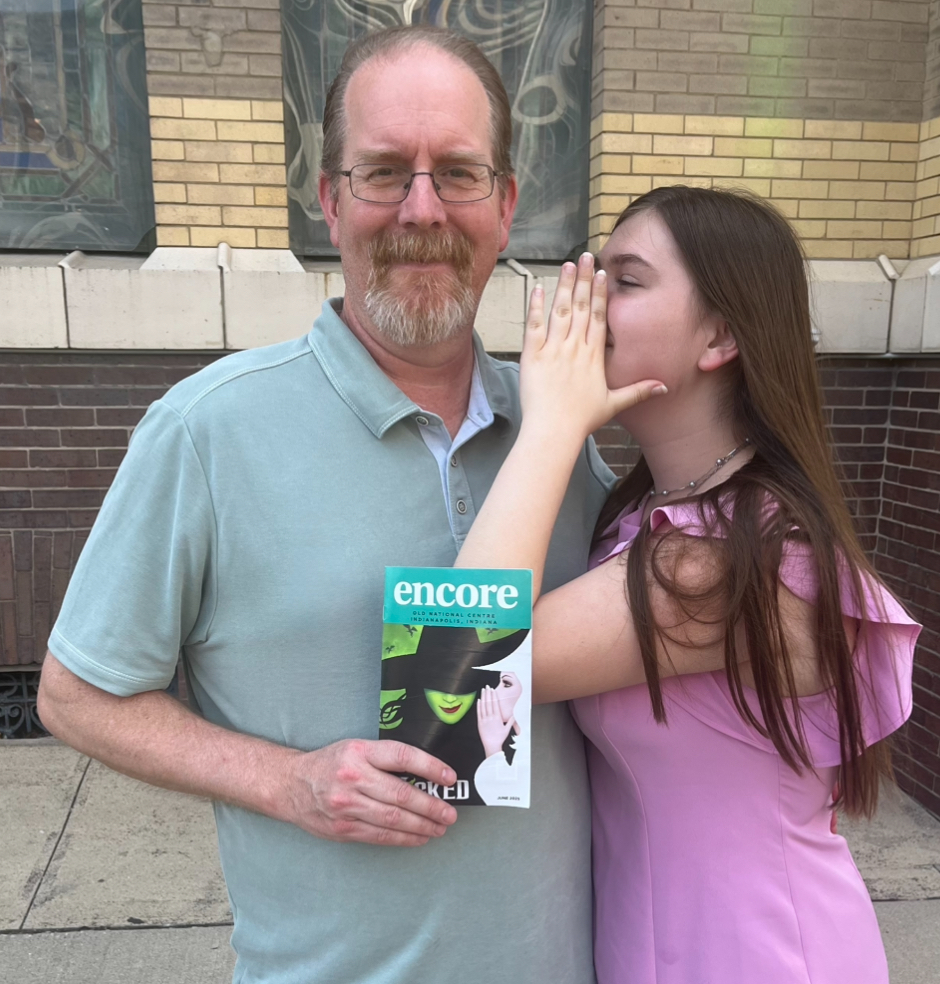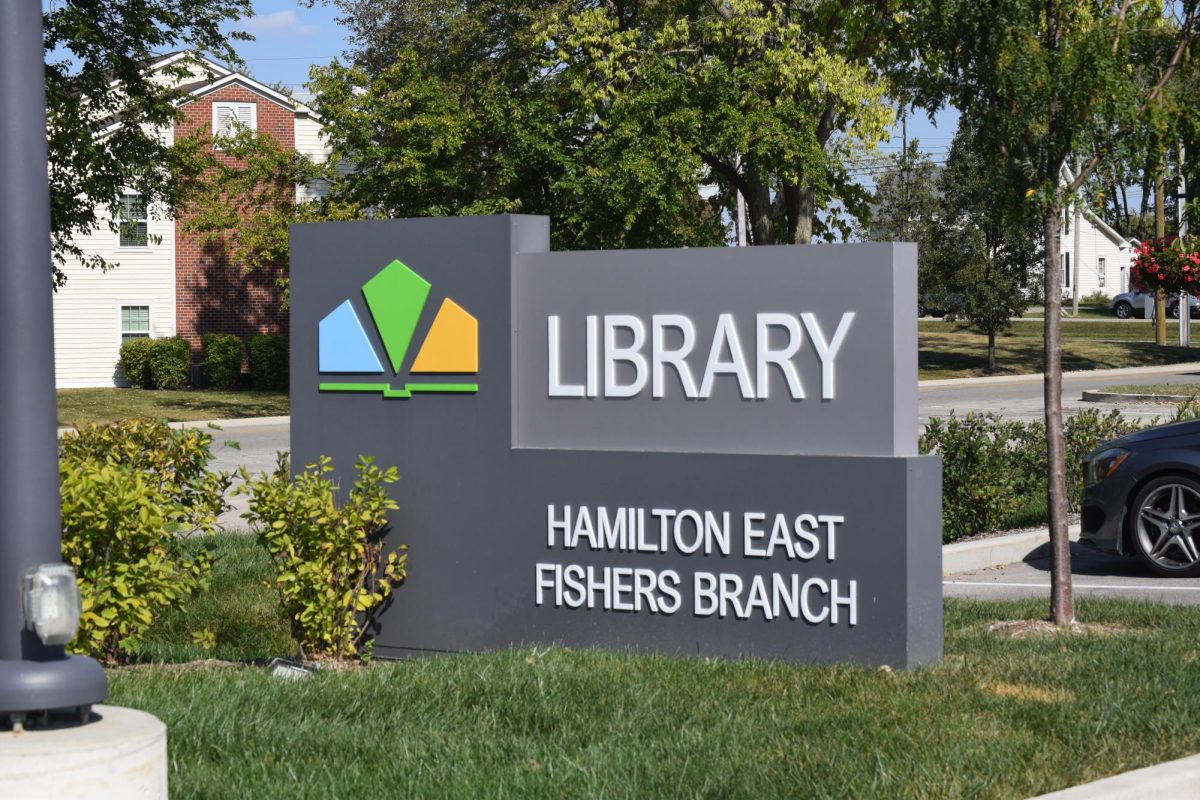Today marks the 461st birthday of famous playwright, poet and actor William Shakespeare, whose plays left their mark on the literary and theatrical world. Despite having been written centuries ago, Shakespeare’s works are still taught in schools of multiple levels across the country.
FHS has its share of Shakespeare enthusiasts, one of which being principal Kyle Goodwin, who used to teach Shakespeare as an English teacher. Goodwin has seen a total of 75 live performances of Shakespeare’s plays at the Globe Theatre, a theater originally built by Shakespeare’s playing company in 1599 then rebuilt in 1614 after a fire.
Despite being a current fan of the English playwright, Goodwin did not find his passion for the London playwright in high school. It was a college class on Shakespeare that really made Goodwin fall in love with the Bard’s works.
“[The Shakespeare class] was really the only one that fit into my schedule,” Goodwin said. “I took it really with pretty low expectations and just fell in love with it. I read a couple plays that really resonated with me … since then I have just been a huge fan.”
Goodwin was not the only Shakespeare lover to discover their love for the poet after high school. FHS English teacher Lauren Glasco only found her Shakespearean passion after years of experience with his works.
“It’s taken me a long time and many readings to get to the level of respect I have for Shakespeare’s approach to language,” Glasco said. “If I’m honest, in college, I put off my required Shakespeare class until second semester senior year because I was not interested in taking it on. Now, though, I’m more confident after reading and re-reading and teaching some of his plays so many times. Each time I read or re-read a play of his, I notice something new and interesting.”
One of the most notable aspects of Shakespeare’s works is their ability to stand the test of time. Goodwin believes this special trait comes from how human Shakespeare’s writing is.
“I think there is something for everybody in Shakespeare,” Goodwin said. “There is a universality of the human condition that I think really comes out in Shakespeare’s plays. His characters are really human. They deal with human emotions, and they are complex … there are a lot of people with mixed motivations and dynamic character traits that are going through very real things.”
Glasco shares this appreciation for the humanity and staying power found in Shakespeare’s plays.
“There have been many wonderful and creative writers over those centuries, but to write so many works that hold such relevance for humans after so long is just an unparalleled achievement,” Glasco said. “Learning to appreciate such an iconic writer’s work — arguably the foremost writer of the English language — is worthwhile in his influence on the canon and the development of our language. But also, as with any study of literature, it should help us contemplate and understand what it means to be human.”
While Goodwin adores Shakespeare’s plays, he understands why many modern highschoolers struggle to connect with his “antiquated” writing. Goodwin believes a potential solution for this issue lies in the plays being used to introduce students to Shakespeare.
“I think ‘Romeo and Juliet’ is just not the right play to put in front of high school students,” Goodwin said. “As much as I like the play ‘Julius Ceasar,’ I don’t think it’s the right play to put in front of high school students. I think we should start with comedies because they are truly funny. Comedy is a nice inroad for a lot of students.”
Glasco sees a lot of the issues for students stemming from the age and density of the text.
“When students don’t understand what they are reading, they often have trouble discerning what is important to understand and what they can ignore,” Glasco said. “When you can skip what you don’t know and focus your time and energy on the more important sections, it allows you to have more stamina to dig into the layers of meaning.”
A suggestion Goodwin has to help with the complicated text is to focus more on punctuation.
“Sometimes we get in this rut of just reading a line, and lines do not equate to sentences,” Goodwin said. “A lot of Shakespeare is much more manageable when you stop getting into that line enjambment and you really start to focus on punctuation.”
Although Shakespeare’s works come from a distant past, their influence can still be seen in modern times. Glasco particularly enjoys it when her students find modern phrases within the various plays they read. Shakespeare’s plays include the first recorded use of over 1700 words, including bedroom, eyeball and gossip.
“I love when [my class and I] are reading and we come across a Shakespearean line that is recognizable as something we all say in modern-day English vernacular,” Glasco said. “Shakespeare’s influence on our modern-day language is still expansive. There are re-writes and re-makes of Shakespeare’s plots in movies and contemporary literature; there are allusions to his work and his characters in so many places.”
Goodwin finds that the key to enjoying Shakespeare, regardless of age, is finding plays that suit one’s own interests. Although most think of ‘Romeo and Juliet’ or ‘Hamlet’ when it comes to Shakespeare’s works, he wrote a total of 38 plays along with hundreds of sonnets and other types of poems.
“If you find the right play for what you’re looking for or for your stage of life, whatever that is, I think you’ll find some real enjoyment in Shakespeare.” Goodwin said.
For students looking to give Shakespeare’s writing a chance, Goodwin personally recommends the comedies “A Midsummer Night’s Dream,” “Much Ado About Nothing” and “A Comedy of Errors.”















